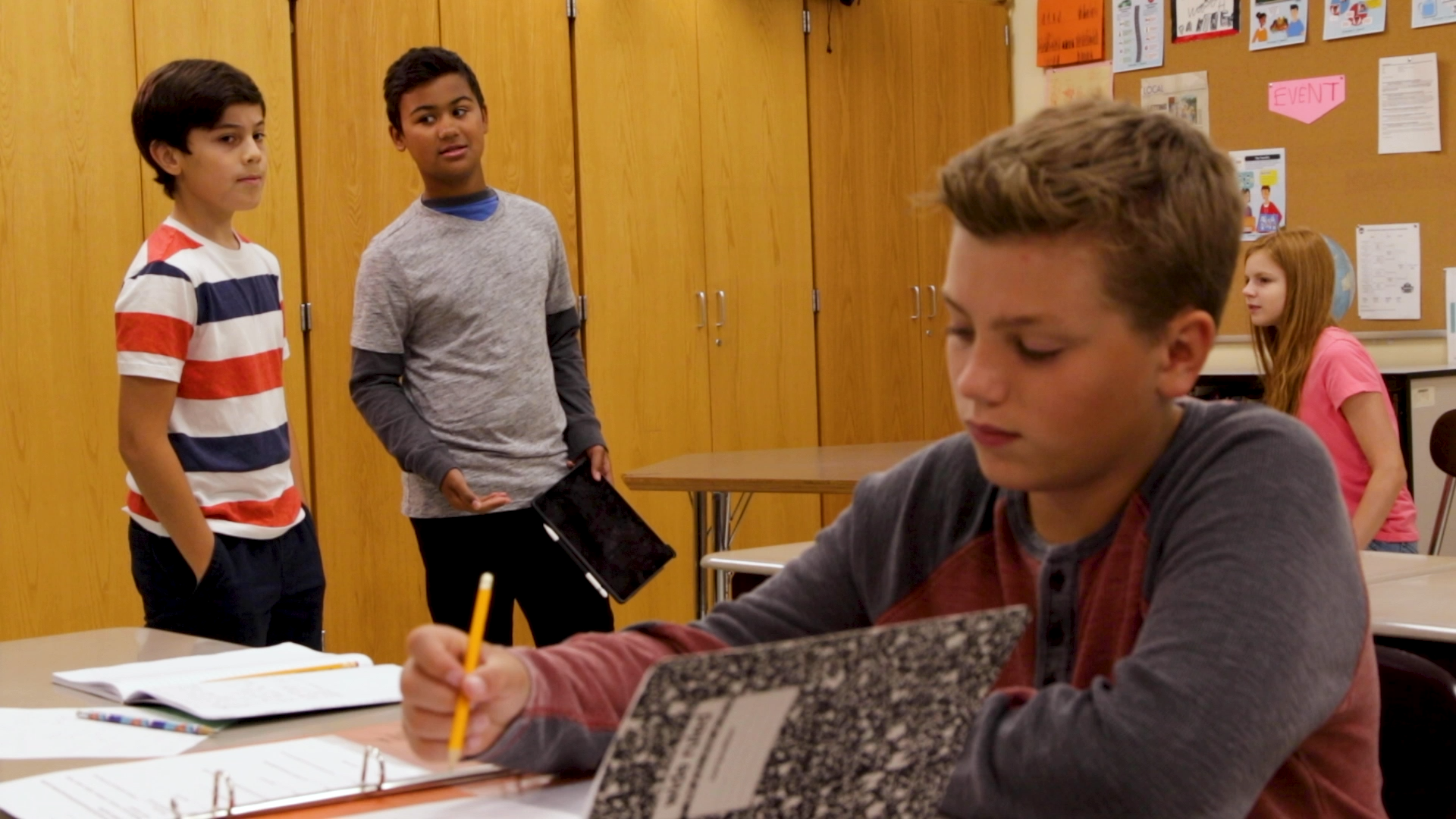
Introduction
Bullying is a pervasive issue that affects many students and can have long-lasting impacts on both the victim and the perpetrator. As educators, it is essential to teach students the importance of standing up against bullying and supporting those who are being targeted. In this blog post, we will explore the concept of being an Upstander, rather than a bystander, and provide activities and discussion questions to help students develop this crucial skill.
No-Prep Activity: The Upstander Role-Play
A simple yet effective no-prep activity to teach students about being an Upstander is role-playing. Divide the students into groups of three, with one student playing the role of the bully, one playing the victim, and one playing the Upstander. Give the students a few minutes to come up with a bullying scenario and then have them act it out. The Upstander should practice using phrases such as:
- “No need to be mean.”
- “Come on, let’s be nice.”
- “That’s not cool.”
- “Why’d you say that?”
After each group has performed their role-play, discuss the experience as a class. What was it like to be the Upstander? How did it feel to support the victim and confront the bully?
Discussion Questions
- Why is it important to be an Upstander instead of a bystander when witnessing bullying?
- What are some challenges you might face when trying to be an Upstander? How can you overcome these challenges?
- How can being an Upstander benefit both the person being bullied and the person doing the bullying?
- What other actions can you take as an Upstander besides speaking up against the bully?
- How can we create a culture of Upstanders in our school and community?
Related Skills
Being an Upstander is just one important aspect of Social-Emotional Learning. Other relevant skills that can help students prevent bullying and support their peers include:
- Empathy: Understanding and sharing the feelings of others.
- Effective communication: Expressing thoughts and feelings clearly and respectfully.
- Conflict resolution: Resolving disagreements in a constructive manner.
- Self-awareness: Recognizing one’s own emotions, values, and strengths.
- Building positive relationships: Forming and maintaining healthy relationships with peers, teachers, and other members of the school community.
Next Steps
Teaching students to be Upstanders is a crucial step in creating a safe, supportive, and inclusive school environment. By incorporating these skills and activities into your curriculum, you can empower your students to prevent bullying and promote kindness and respect. To access free samples of these skills and other Social-Emotional Learning materials, sign up at Everyday Speech.

